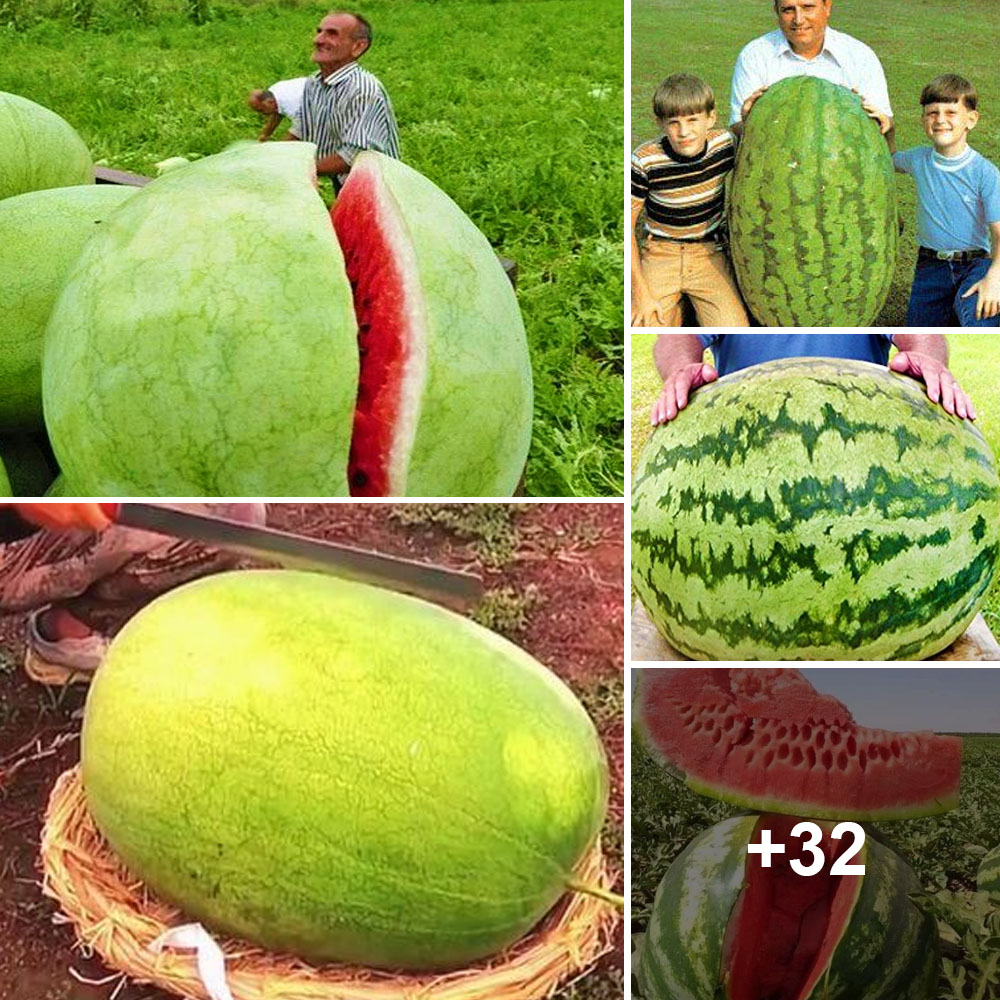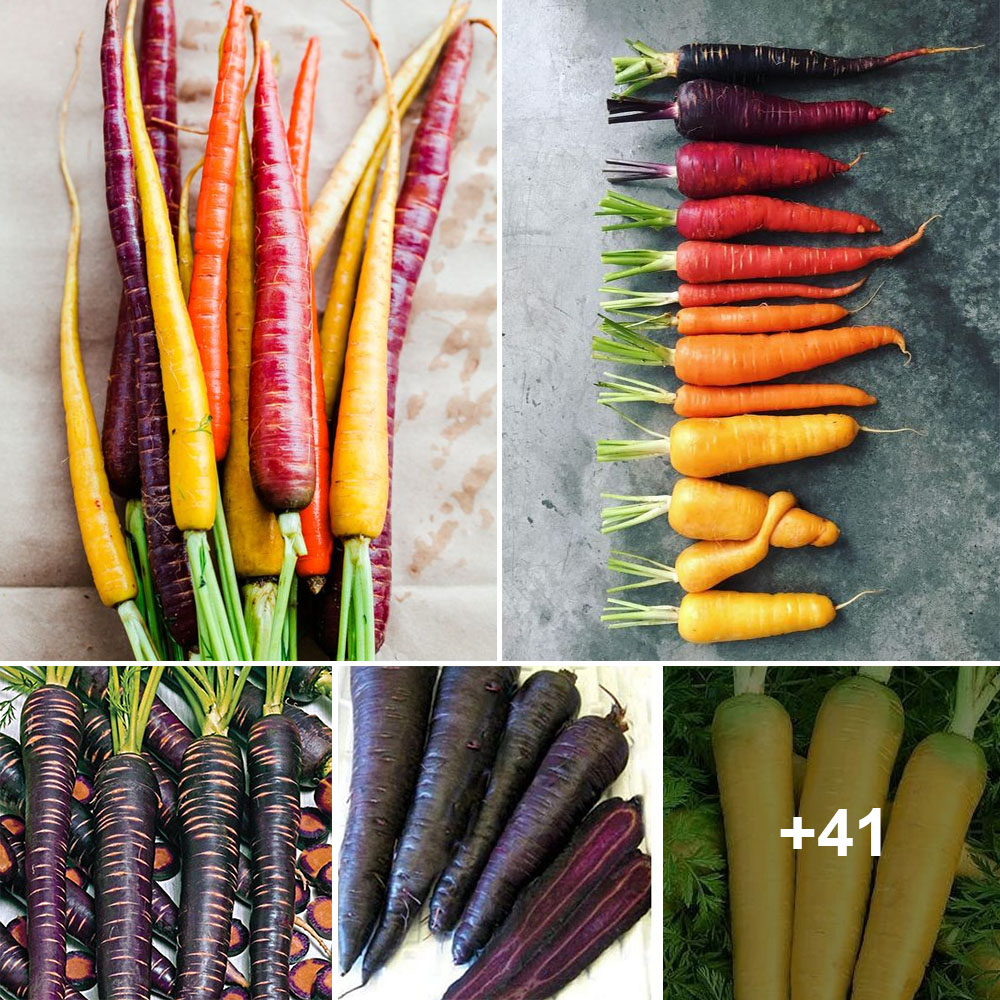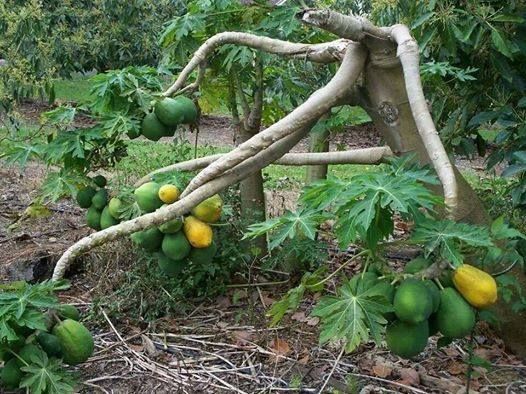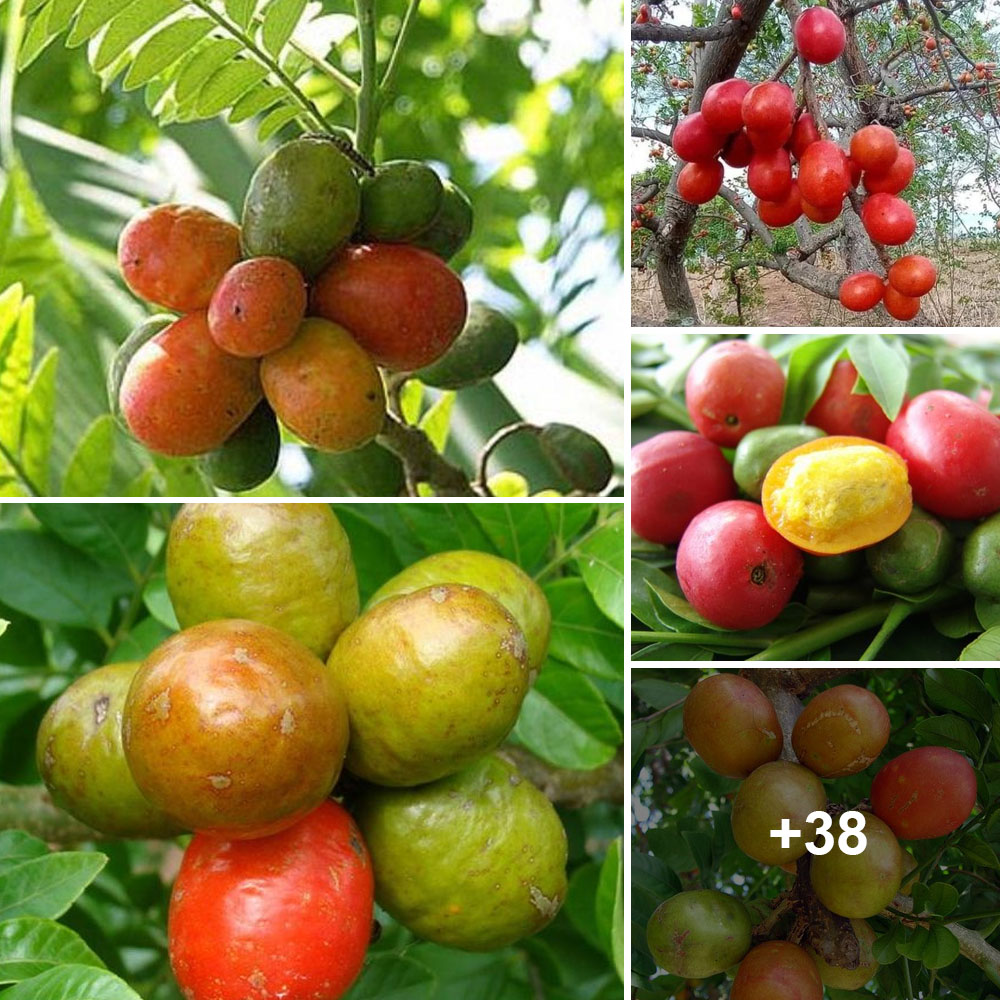The persimmon, a vibrant and succulent fruit, holds a special place among nature’s bountiful offerings. With its luscious orange hue and enticing sweetness, the persimmon, also known as “quả quơ” in Vietnamese, captivates both the eye and the palate. In this article, we delve into the remarkable characteristics and delightful flavors of this beloved fruit, highlighting why it is adored by many.
Appearance and Varieties: Persimmons come in various shapes and sizes, but they typically resemble a large tomato or apple. Their skin can range from smooth to slightly rough, with hues varying from bright orange to deep reddish-orange. Within this delectable fruit, one may encounter different varieties, such as the Hachiya and Fuyu. The Hachiya is known for its acorn-like shape and astringent taste when unripe, while the Fuyu is squat and round with a sweet flavor even when firm.
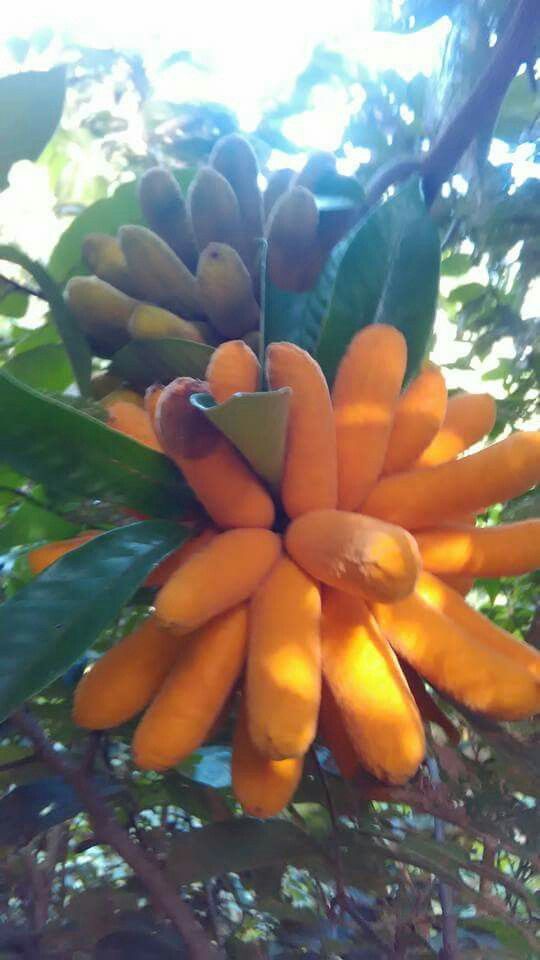
Sensational Flavor Profile: As the persimmon ripens, its flavors evolve and intensify. When perfectly ripe, it offers a unique amalgamation of sweetness and subtle tanginess. With each bite, one experiences a delightful burst of honeyed goodness, reminiscent of tropical fruit, such as mangoes or peaches. The fruit’s creamy and tender flesh contributes to its luxurious mouthfeel, creating a truly memorable sensory experience.
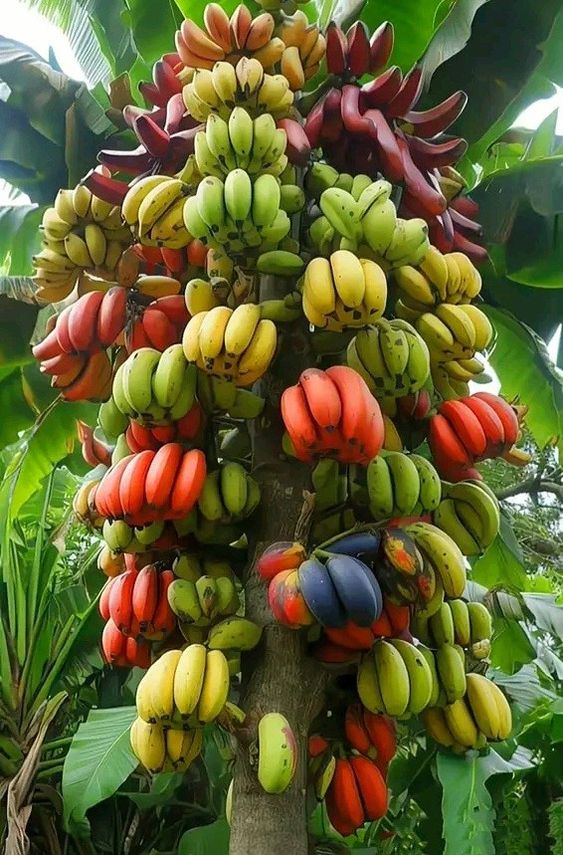
Versatile Culinary Uses: The persimmon’s versatility extends beyond being a delightful snack on its own. Its captivating flavors and vibrant color make it a welcome addition to various culinary creations. Sliced or diced, persimmons lend their sweetness and visual appeal to fruit salads, adding a refreshing touch. They can also be incorporated into baked goods, such as pies, tarts, or bread, infusing their unique taste into the dough or filling. Additionally, persimmons can be pureed and transformed into delectable jams, jellies, or sauces, perfect for accompanying savory dishes or enhancing desserts.\
Health Benefits: Aside from its delectable taste, the persimmon offers an array of health benefits. This fruit is an excellent source of dietary fiber, aiding in digestion and promoting a healthy gut. It is also packed with essential vitamins, including vitamin A, vitamin C, and vitamin E, which contribute to immune support, skin health, and antioxidant properties. Furthermore, persimmons contain valuable minerals like potassium and manganese, supporting heart health and overall well-being.
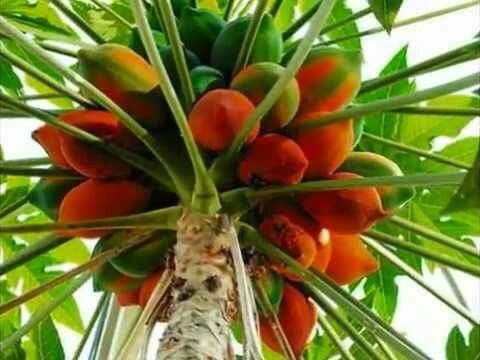
Cultural Significance: In various cultures around the world, persimmons hold symbolic and cultural significance. In Asian countries like Japan, the fruit is associated with good fortune and is often featured in traditional ceremonies and celebrations. Persimmons have also found their way into folklore and literature, becoming a subject of admiration and poetic expression due to their beauty and exquisite flavor.
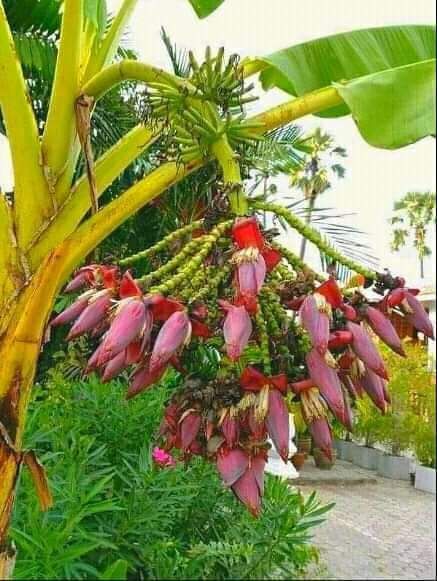
Conclusion: The persimmon, or “quả quơ,” is a captivating fruit that tantalizes the senses with its vibrant color, unique taste, and myriad culinary possibilities. Whether enjoyed fresh, incorporated into dishes, or appreciated for its cultural significance, the persimmon holds a special place in the hearts and palates of many. So, the next time you come across this delightful fruit, indulge in its juicy sweetness and savor the joy it brings.
